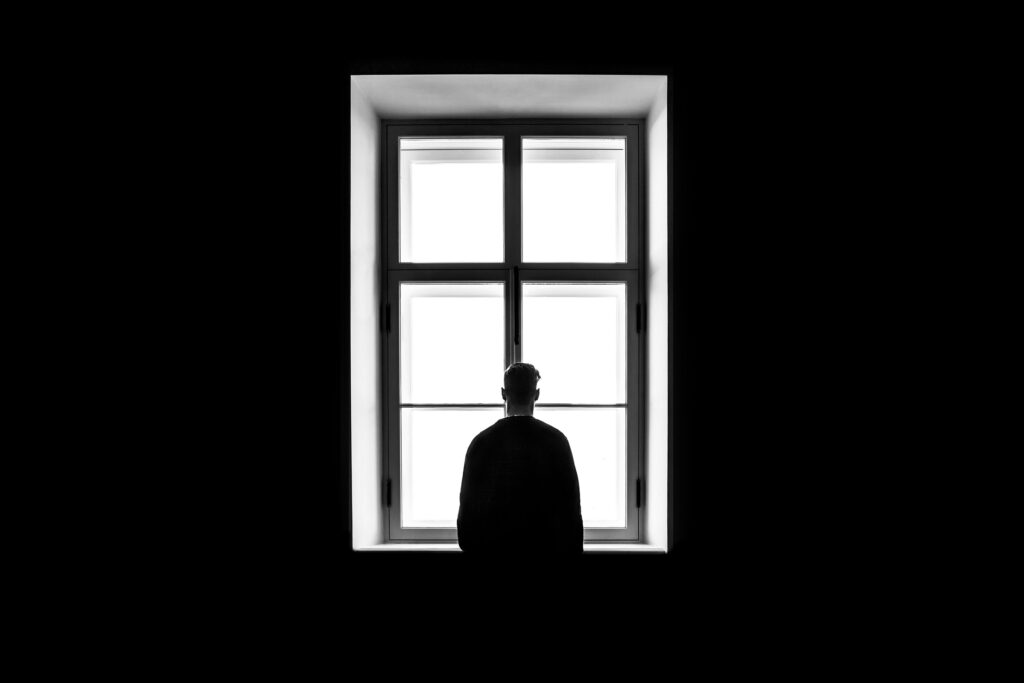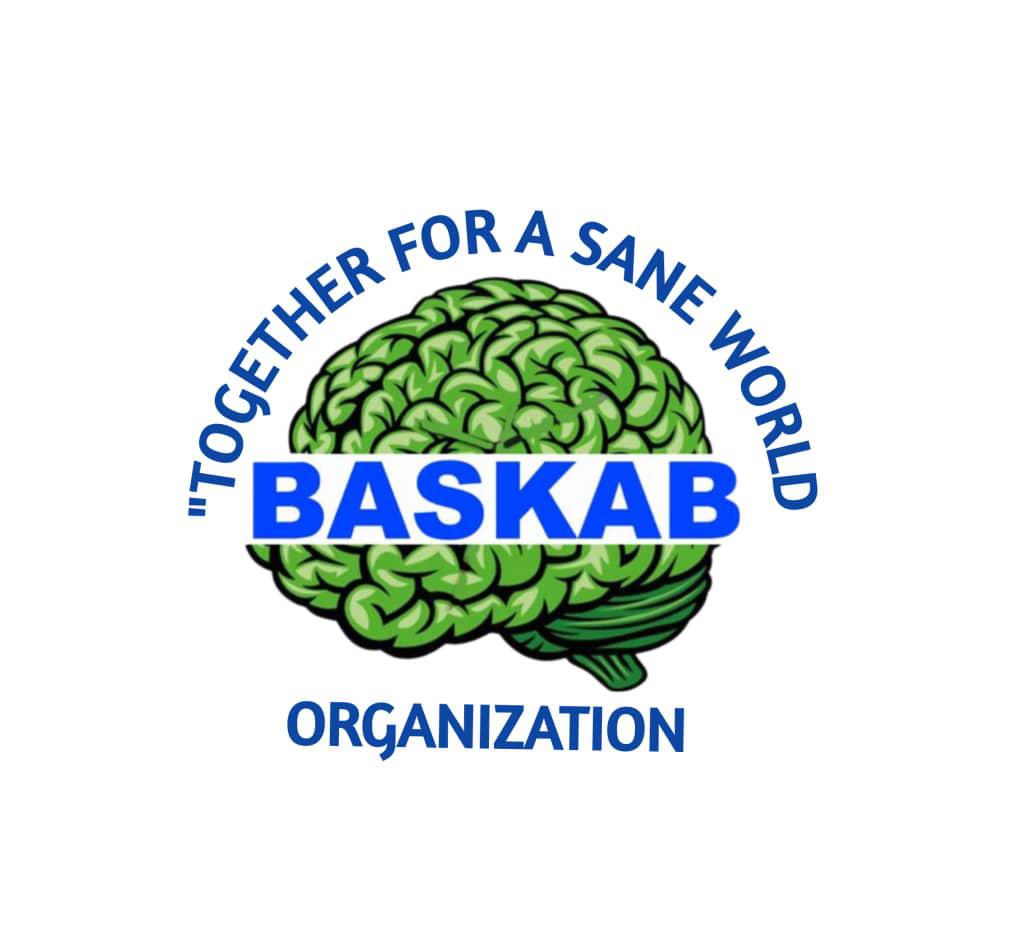Depression is a complex and multifaceted mental health disorder that affects millions
of people worldwide. It’s essential to understand the realities, causes, and types of
depression to provide effective support and treatment.
Realities of Depression
More than just sadness: Depression is often misunderstood as simply feeling sad or
down. However, it is a serious mental health condition that can impact daily life,
relationships, and overall well-being.
While it is often associated with feelings of sadness, depression is more than just a
fleeting emotion.
The Complexity of Depression
Depression is not just about feeling sad or down. It’s a condition that can manifest in
different ways, including:
- Loss of interest: A lack of interest in activities that were once enjoyable
- Changes in appetite: Increased or decreased appetite, leading to weight
changes - Sleep disturbances: Insomnia, leading to fatigue and lethargy
- Difficulty concentrating: Trouble focusing, making decisions, or remembering
things - Physical symptoms: Headaches, stomach problems, or other physical
complaints.
The Impact of Depression
Depression can have a significant impact on daily life, including:
i. Relationships: Strained relationships with family and friends due to
withdrawal or irritability.
ii. Work or school: Decreased productivity, absenteeism, or difficulty meeting
deadlines.
iii. Overall well-being: Decreased quality of life, increased risk of chronic
diseases, and reduced life expectancy


Breaking the Stigma
Despite its prevalence, depression is often stigmatized or misunderstood. It’s essential
to recognize that depression is:
- Not a sign of weakness: A serious mental health condition that requires
treatment and support. - Not just about sadness: A complex condition that can manifest in different
ways. - Treatable: With the right support, therapy, and medication, individuals can
recover and lead fulfilling lives.
Depression can affect anyone, regardless of their strength, intelligence, or background.
It’s not a sign of weakness, but rather a sign of underlying issues that need attention.
Causes of Depression
I. Biological factors:
Imbalances in neurotransmitters, genetics, and brain chemistry can contribute to
depression.
II. Environmental factors:
Traumatic events, stress, and significant life changes can trigger depression.
III. Psychological factors:
Low self-esteem, negative thought patterns, and coping mechanisms can also play a
role.
Types of Depression - Major Depressive Disorder (MDD):
Characterized by persistent feelings of sadness, hopelessness, and loss of interest in
activities. - Persistent Depressive Disorder (PDD):
A chronic form of depression that lasts for two or more years. - Bipolar Disorder:
A condition that involves alternating episodes of depression and mania or hypomania. - Postpartum Disorder
Also known as puerperal disorder, refers to a range of physical and emotional
conditions that can affect women after childbirth. The postpartum period is typically
divided into three stages: the initial phase (6-12 hours after childbirth), the subacute
phase (2-6 weeks), and the delayed phase (up to 6 months).
Types of Postpartum Disorder
a. Postpartum Depression (PPD):
A type of depression that affects up to 15% of women after childbirth, characterized
by feelings of sadness, hopelessness, and guilt. Symptoms can range from mild to
severe and may appear within a week of delivery or gradually over time.
PPD affects many new mothers, often due to hormonal changes, sleep deprivation,
and the challenges of caring for a newborn.
Similar to depression, PPD symptoms can include feelings of sadness, anxiety, and
overwhelm.
PPD is treatable, and with the right support, therapy, and self-care, new mothers can
recover and thrive.
b. Postpartum Blues:
A milder condition affecting 50-75% of women, marked by frequent crying, sadness,
and anxiety, typically resolving on its own within two weeks.
c. Postpartum Psychosis:
A rare but severe condition affecting 1 in 1,000 women, characterized by
hallucinations, delusions, memory loss and severe agitation, requiring immediate
medical attention.
Causes and Risk Factors of Postpartum Disorders
- Hormonal Changes: The rapid drop in estrogen and progesterone levels after
childbirth can contribute to postpartum depression. - Social and Psychological Factors: Lack of sleep, physical changes, and
relationship stress can increase the risk of postpartum disorders. - Personal or Family History: Women with a history of depression, anxiety, or
previous postpartum depression are more likely to experience postpartum
disorders.
Symptoms
➢ Emotional Changes: Feelings of sadness, anxiety, guilt, and hopelessness.
➢ Physical Changes: Changes in appetite, sleep disturbances, and fatigue.
➢ Behavioral Changes: Difficulty bonding with the baby, social withdrawal, and
lack of interest in activities.
Treatment and Support
- Medication: Antidepressants and anti-anxiety medications can help manage
symptoms. - Therapy: Cognitive-behavioral therapy (CBT) and talk therapy can provide
emotional support and coping strategies. - Support Groups: Joining a support group can connect women with others who
have experienced similar challenges.
Prevention
Self-Care: Prioritizing rest, healthy eating, and exercise can help mitigate
symptoms.
Overcoming Depression
➢ Seek professional help: Consult with a mental health professional fo
diagnosis, treatment, and support.
➢ Therapy: Cognitive-behavioral therapy (CBT), interpersonal therapy (IPT),
and psycho dynamic therapy can be effective in managing depression.
➢ Medication: Antidepressant medication can help regulate neurotransmitters
and alleviate symptoms.
➢ Self-care: Engage in activities that bring joy, practice relaxation techniques,
and prioritize sleep and nutrition.
➢ Support network: Build a strong support network of friends, family, and peers
who can offer emotional support and encouragement.
Conclusion
Depression is a complex and treatable condition that requires understanding, support,
and effective treatment. By recognizing the realities, causes, and types of depression,
individuals can take the first steps towards recovery. With the right support, therapy,
and self-care, it’s possible to overcome depression and lead a fulfilling life.
Depression is more than just sadness. It’s a complex and multifaceted condition that
requires understanding, support, and effective treatment. By recognizing the
complexity of depression and breaking the stigma surrounding it, we can work
towards creating a more supportive and inclusive environment for the affected
Realistic Expectations: Setting realistic expectations for motherhood and
seeking help when needed can reduce the risk of postpartum disorders.
Social Support: Building a strong support network of family, friends, and
healthcare providers is crucial.


Leave a Reply